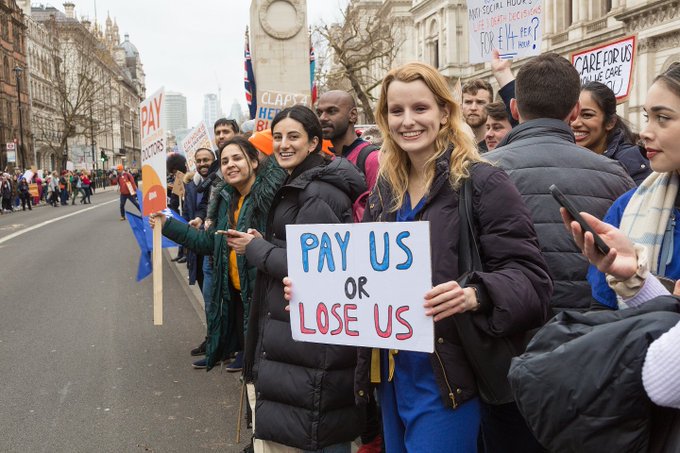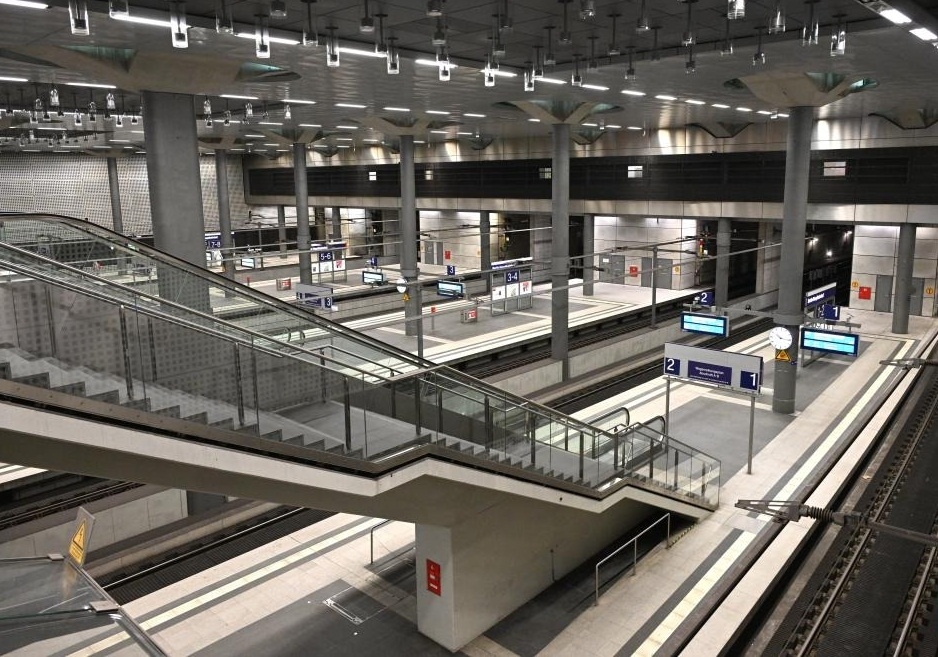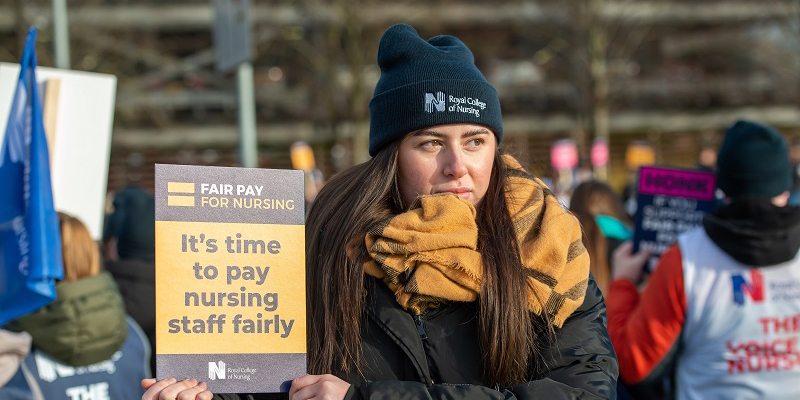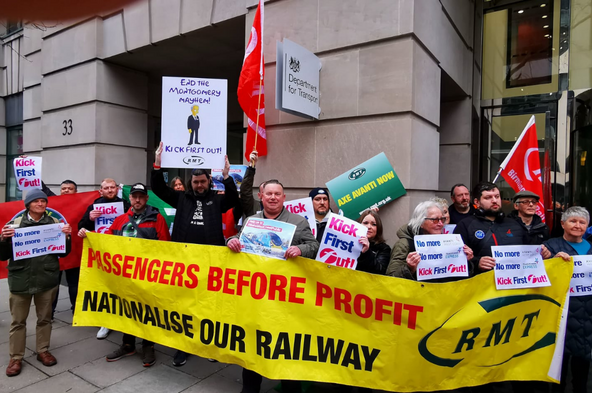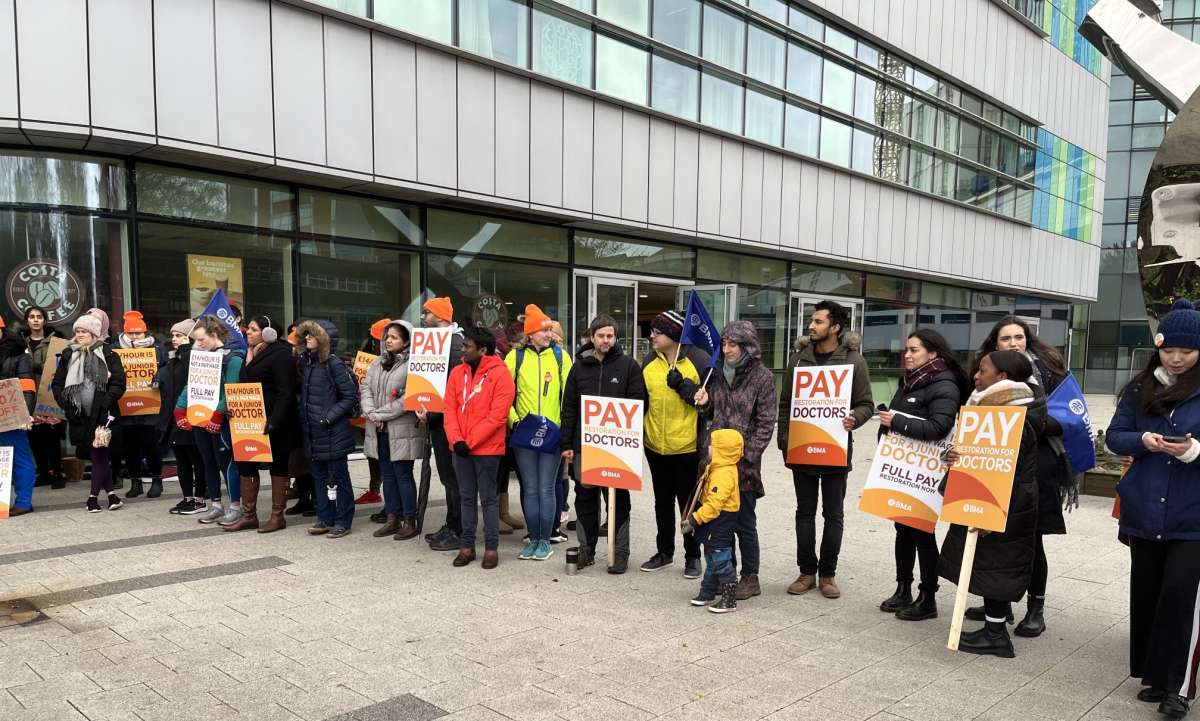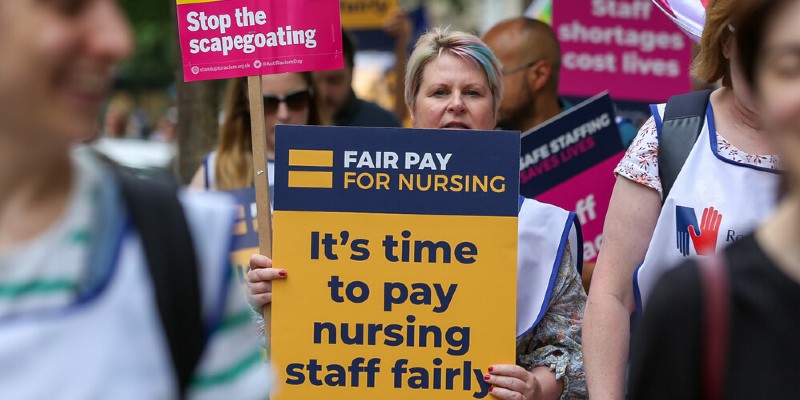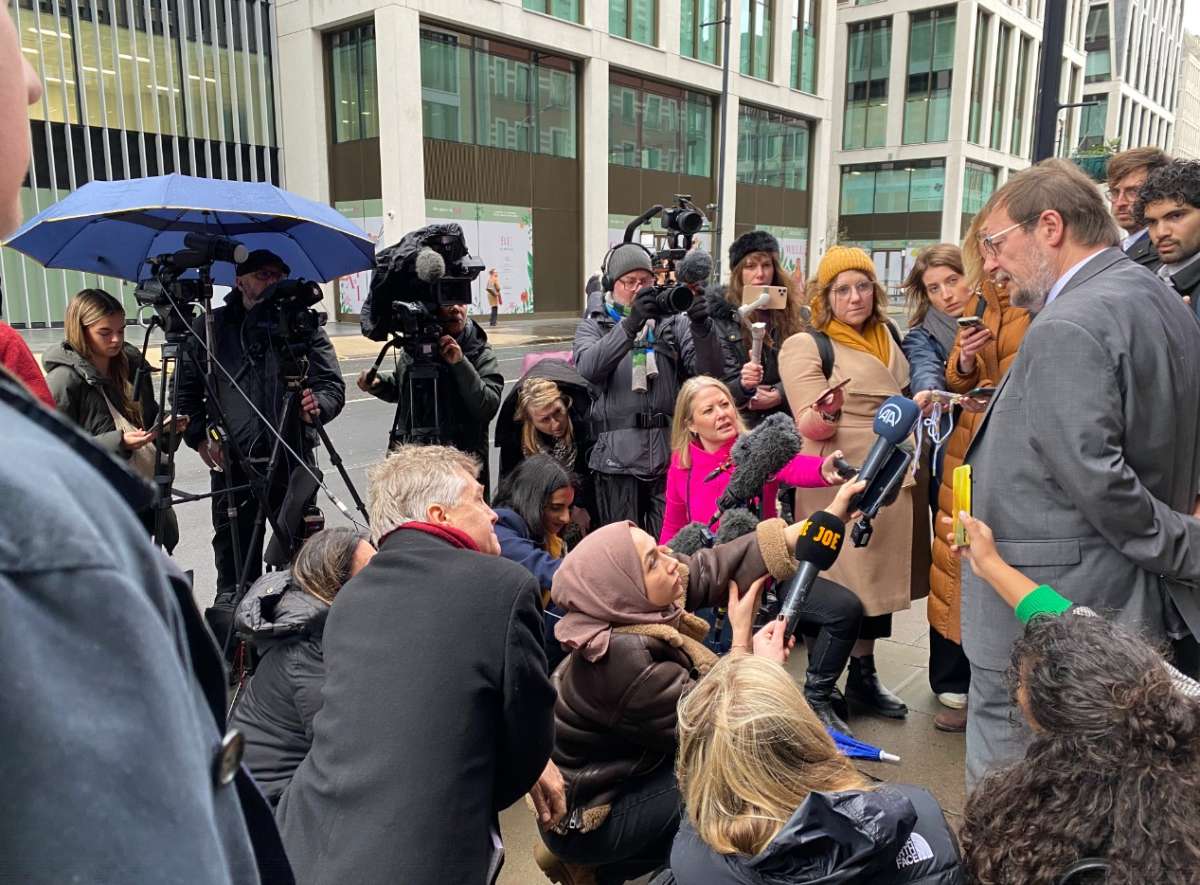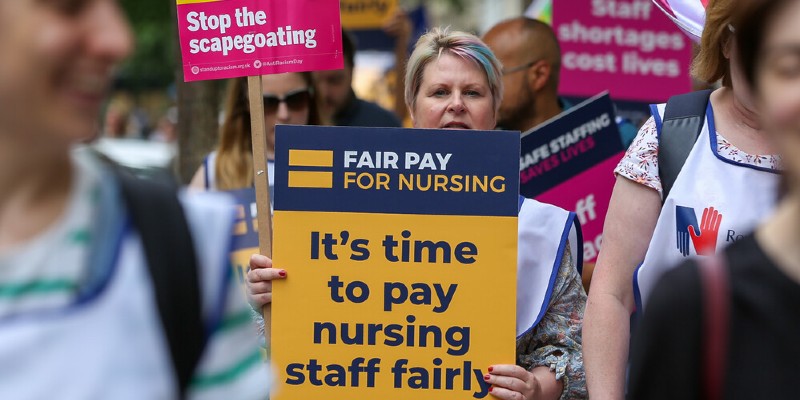It is the longest stoppage of the wave of unrest which has seen nurses, ambulance crews and other health workers take action since last year…reports Asian Lite News
Junior doctors across England are beginning a four-day strike on Tuesday which threatens the most disruptive walkout in NHS history.
An estimated 250,000 to and 350,000 appointments – including operations – will be cancelled as a result action by British Medical Association members in their worsening pay dispute.
Doctors will mount picket lines from 7am until Saturday morning outside hospitals, including London’s Whittington, Central Middlesex, Ealing and Northwick Park.
It is the longest stoppage of the wave of unrest which has seen nurses, ambulance crews and other health workers take action since last year.
Managers have warned that patient care is “on a knife edge” because of the strike.
The timing of the strike is as important as its scale following on from the Easter bank holiday weekend, a period when the NHS already faces increased demand and staff absence.
Prof Sir Stephen Powis, the NHS’s national medical director, said it would be “the most disruptive industrial action in NHS history”.
Matthew Taylor, chief executive of the NHS Confederation, said there is “no question” this strike will be more disruptive than the 72-hour walkouts by staff last month, which led to 175,000 cancelled appointments.
Speaking about pay negotiations which would avoid the action, Taylor sais, “It’s depressing that there seems to be no movement at all from the two sides of this dispute over the last few days. We should consider asking the Government and the trade unions to call in Acas, the conciliation service, to provide some basis for negotiations, because if anything the positions seem to have hardened over the last couple of days.”
Taylor also told Sky News that “what we’re seeing is a battle of rhetoric rather than talks”, adding that he expected “up to 350,000” appointments to be cancelled.
He said: “These strikes are going to have a catastrophic impact on the capacity of the NHS to recover services. The health service has to meet high levels of demand at the same time as making inroads into that huge backlog that built up before Covid, but then built up much more during Covid. That’s a tough thing to do at the best of times, it’s impossible to do when strikes are continuing.”
Asked whether everyone who needs urgent care this week will get it, he said: “We hope so. There’s no point hiding the fact that there will be risks to patients, risks to patient safety, risks to patient dignity, as we’re not able to provide the kind of care that we want to.”
Taylor also advised the public to use NHS services in “the most responsible way you can”, and to avoid “risky behaviour” which could result in a visit to A&E during the strikes.
The BMA has asked for a 35 per cent pay rise to bring junior doctor pay back to 2008 levels, and help resolve the recruitment and retention crisis.
Health Secretary Steve Barclay has blasted this demand as “unrealistic” and said their strikes had been planned to “cause maximum disruption”.
Junior doctors are demanding a 35% increase in pay, to compensate for 15 years of below-inflation wage increases. But the government has said the pay demand is unrealistic, pointing to the deal other health unions have recommended to their members – which includes a 5% pay rise and one-off payment of at least £1,655.
ALSO READ-Healthcare professionals seek apology from Braverman

